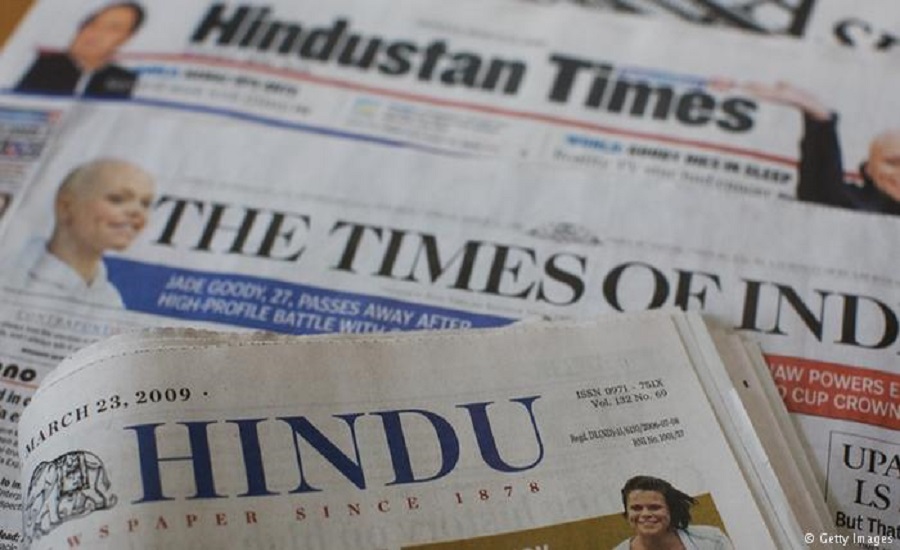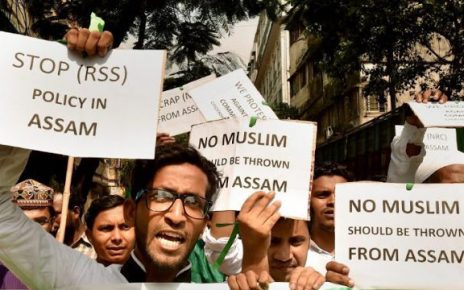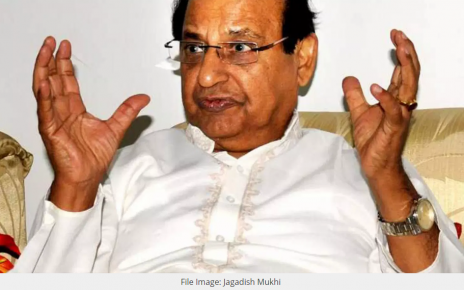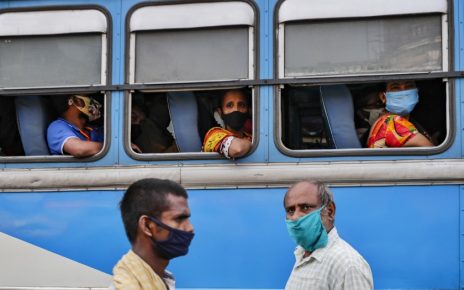Shaheen Nazar | Clarion India
19 June 2020
NEW DELHI – Supriya Sharma of Scroll.in is not the only journalist to suffer government’s wrath for reporting on people’s sufferings during lockdown. At least 55 journalists are at the receiving end because of their professional work.
Rights & Risks Analysis Group (RRAG) said that the journalists are facing arrests, registration of FIRs, summons or show causes notices, physical assaults, alleged destruction of properties and threats for reportage on COVID-19 or exercising freedom of opinion and expression during the national lockdown from 25 March to 31 May 2020.
RRAG is an independent think-tank based in New Delhi. In its latest report titled “India: Media’s Crackdown During COVID-19 Lockdown”, it said the highest number of attacks on the media persons was reported from Uttar Pradesh (11 journalists), followed by Jammu & Kashmir (6 journalists), Himachal Pradesh (5), four each in Tamil Nadu, West Bengal, Odisha, Maharashtra, two each in Punjab, Delhi, Madhya Pradesh & Kerala and one each in Andaman & Nicobar Islands, Arunachal Pradesh, Assam, Bihar, Chhattisgarh, Gujarat, Karnataka, Nagaland and Telangana.
“The government of India from the outset of the pandemic sought to suppress press freedom under the garb of deliberate or inaccurate reporting on COVID-19. Even though on 31.03.2020, the Supreme Court refused to interfere with the free discussion about the pandemic, the repression on the journalists who acted as messengers by risking their lives to convey the news of various mismanagement, deficiencies, corruption, hunger of the migrant workers/impoverished citizens, lack of adequate PPE for doctors at hospitals, etc. began in earnest,” said Suhas Chakma, director of the RRAG.
“India has become the riskiest place for the journalists in the world. It did not take a long time for the State and political activists to allege the journalists from acting prejudicial to maintenance of harmony to prejudicial to the national integrity, sovereignty and security of India.” Chakma added.
First Information Reports (FIRs) were filed against at least 22 journalists under the IPC, Information Technology Act, Disaster Management Act, Motors Vehicles Act and Scheduled Tribes/Scheduled Castes (Prevention of Atrocities) Act and Unlawful Activities (Prevention) Act for reporting starvation faced by the migrant workers, the failure of the administration to supply rations to migrant workers, gathering of the migrant workers, irregularities in the running of relief camps for migrants, mismanagement and negligence at quarantine centres, or simply reporting a minister following the suggestions of astrologers or using certain terms against the ruling party or criticising Chief Ministers.
Multiple FIRs were filed against some of them which show the resoluteness to intimidate and browbeat the journalists. Majority of the journalists were booked for their reportage on various issues of COVID-19.
At least 10 journalists were arrested and four others were saved from being arrested by the Supreme Court for performing their duties during the period for allegedly spreading rumour about COVID-19, exposing alleged corruption, allegedly violating lockdown rules even the press is an essential service exempted under the lockdown, exposing shortage of food and personal protective equipment, tweets questioning why families were placed under home quarantine for merely speaking over the phone with COVID-19 patients, conducting sting operation to expose bribes etc.
Summons or show-cause notices were issued to seven journalists for publishing report showing members of the Musahar community (Dalit) eating grass to survive, alleged factual inaccuracies, alleged damage to the image of the administration or simply publishing official letter which stated that the PPES are not of the required quality.
At least nine journalists were subjected to beating, including two in police custody. While one journalist was held hostage by the Sarpanch of the Village in Odhisa, the house of another journalist was allegedly demolished because of his report on the ruling party MLA in Telangana. A female journalist in Arunachal Pradesh was threatened for publishing a story “Wildlife hunting on spike” during the lockdown.
“The Press Council of India made suo motu interventions in four cases during the period i.e. FIRs against Republic TV, FIR against Editors of Media Break Newspaper, online threat to The Editor of Arunachal Times and the threat of criminal prosecution and questioning of a Special Correspondent of the Indian Express by the Delhi Police. However, these interventions of the PCI are highly inadequate and media remains at serious risks in India.” – said Chakma.
RRAG recommended the PCI intervene in all the cases of attacks on the media and further urged the Government of India ought to create necessary conditions for press freedom while political parties whether the ruling Bharatiya Janata Party or the opposition parties ought to rein in on the party cadres attacking the press freedom to ensure that the media can perform its tasks without any fear.



